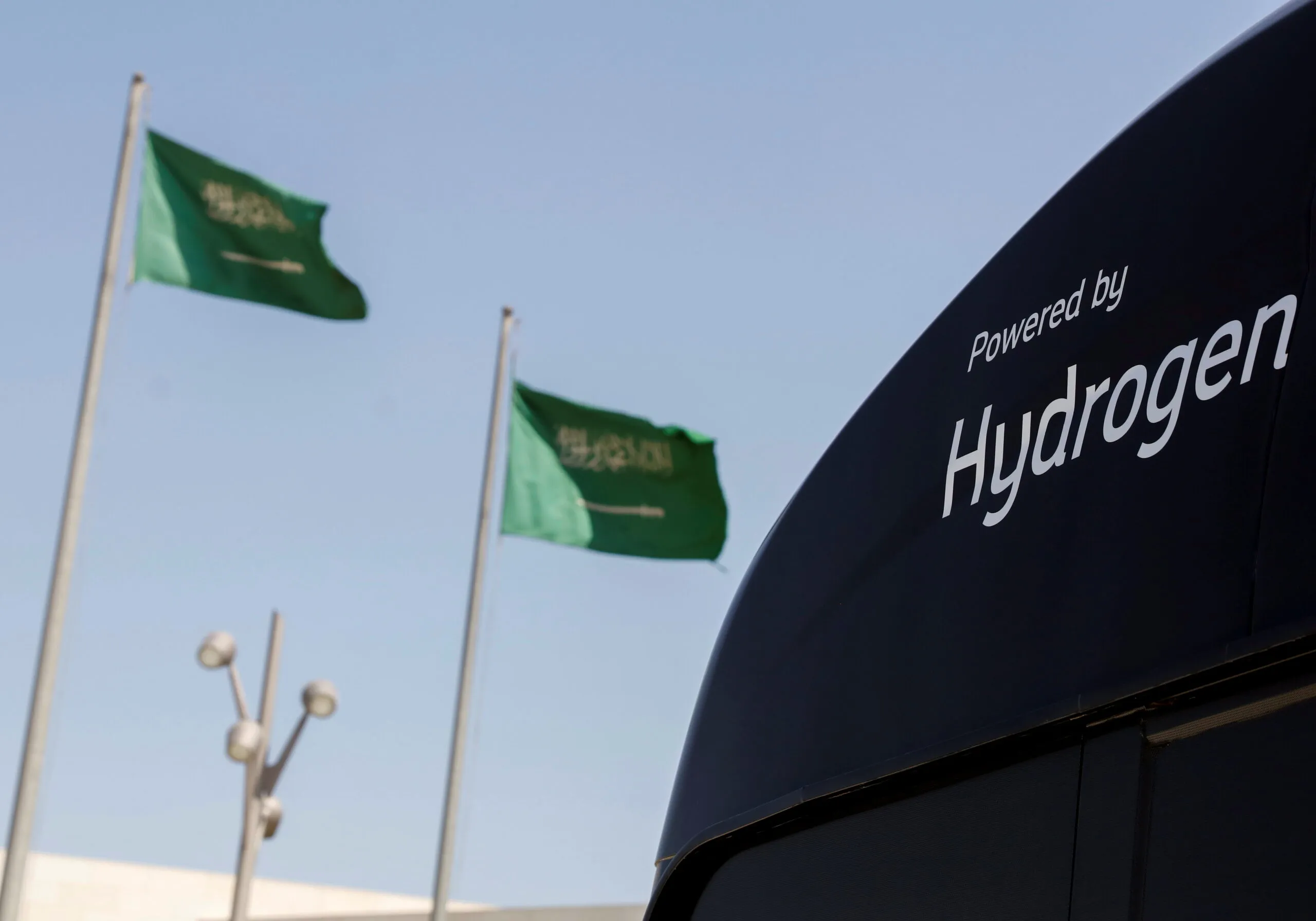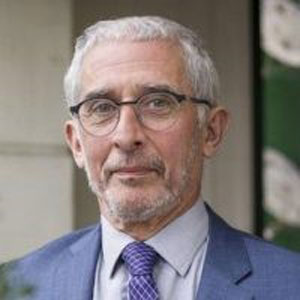Regional Affairs
Feb 20, 2024
Israeli Perspectives on the Post-October 7 Middle East Crises
On February 20, AGSIW hosted a panel discussion examining Israel's foreign and domestic policy since the start of the Israel-Hamas conflict.

Feb 13, 2024
Water Challenges in the Emerging Hydrogen Economy
Global shifts have revitalized the move toward hydrogen as an energy source. However, discussions often center on cost and technical barriers, neglecting critical questions regarding water as a feedstock in hydrogen production.
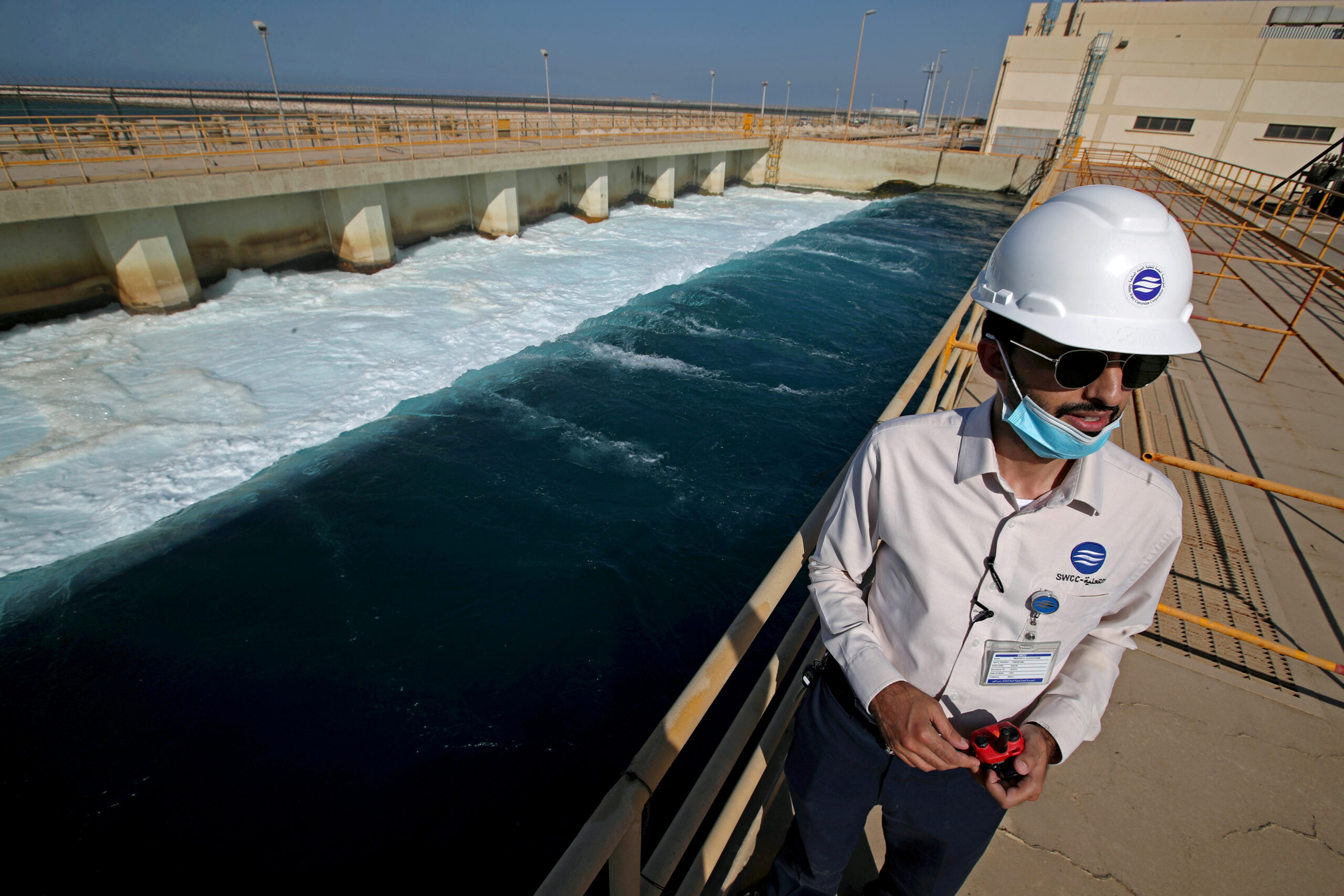
Feb 7, 2024
In the Gulf, Is Civil Society Fighting for Climate?
Tracking the efforts and successes of civil society elements in underscoring the urgency of addressing climate change will remain a key bellwether for progress on issues relating to global warming, energy transition, and sustainability.
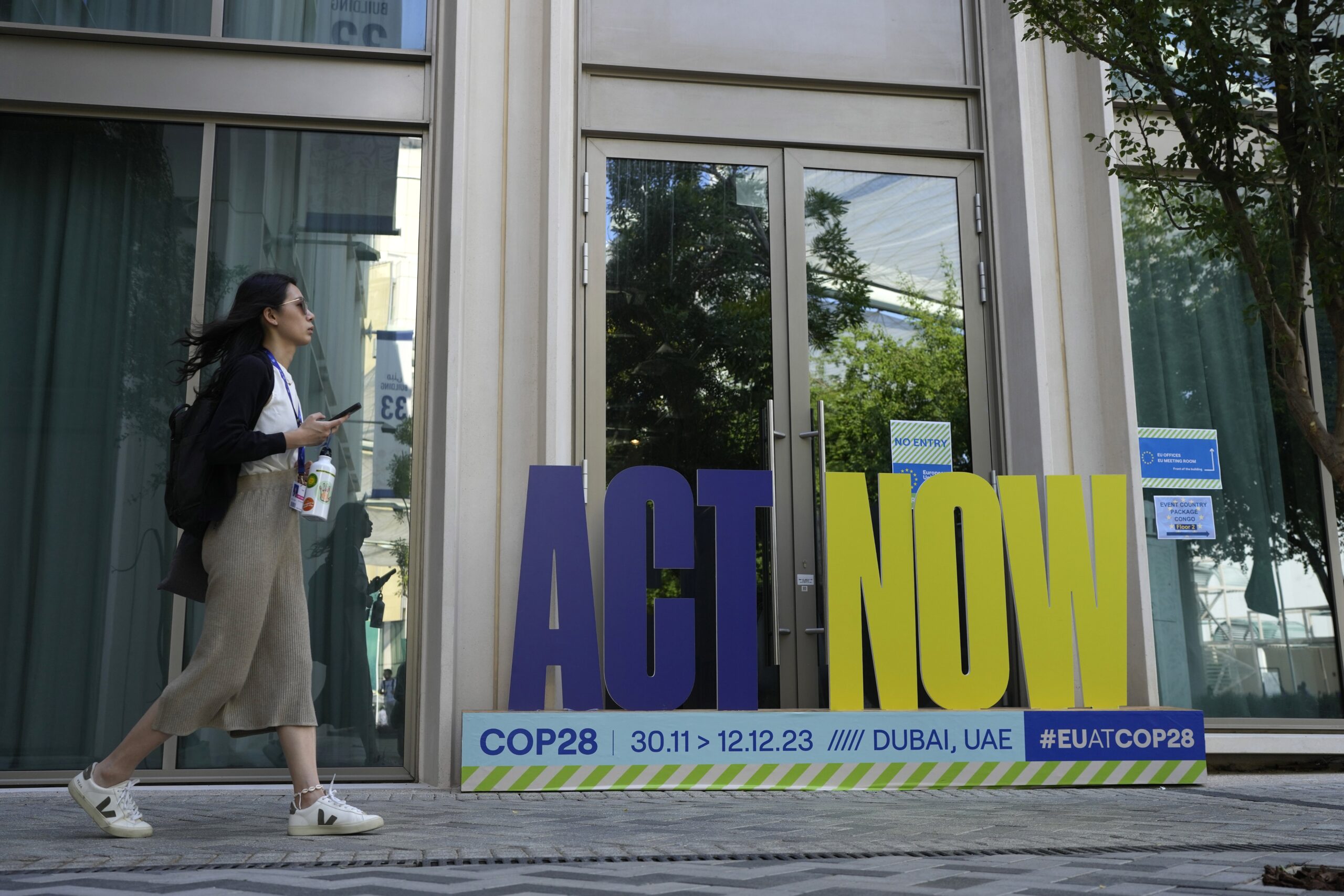
Feb 6, 2024
How Should the U.S. Respond to a Middle East Crisis Threatening Its Policy and Personnel?
On February 6, AGSIW hosted a panel discussion on U.S. policy in the Middle East.
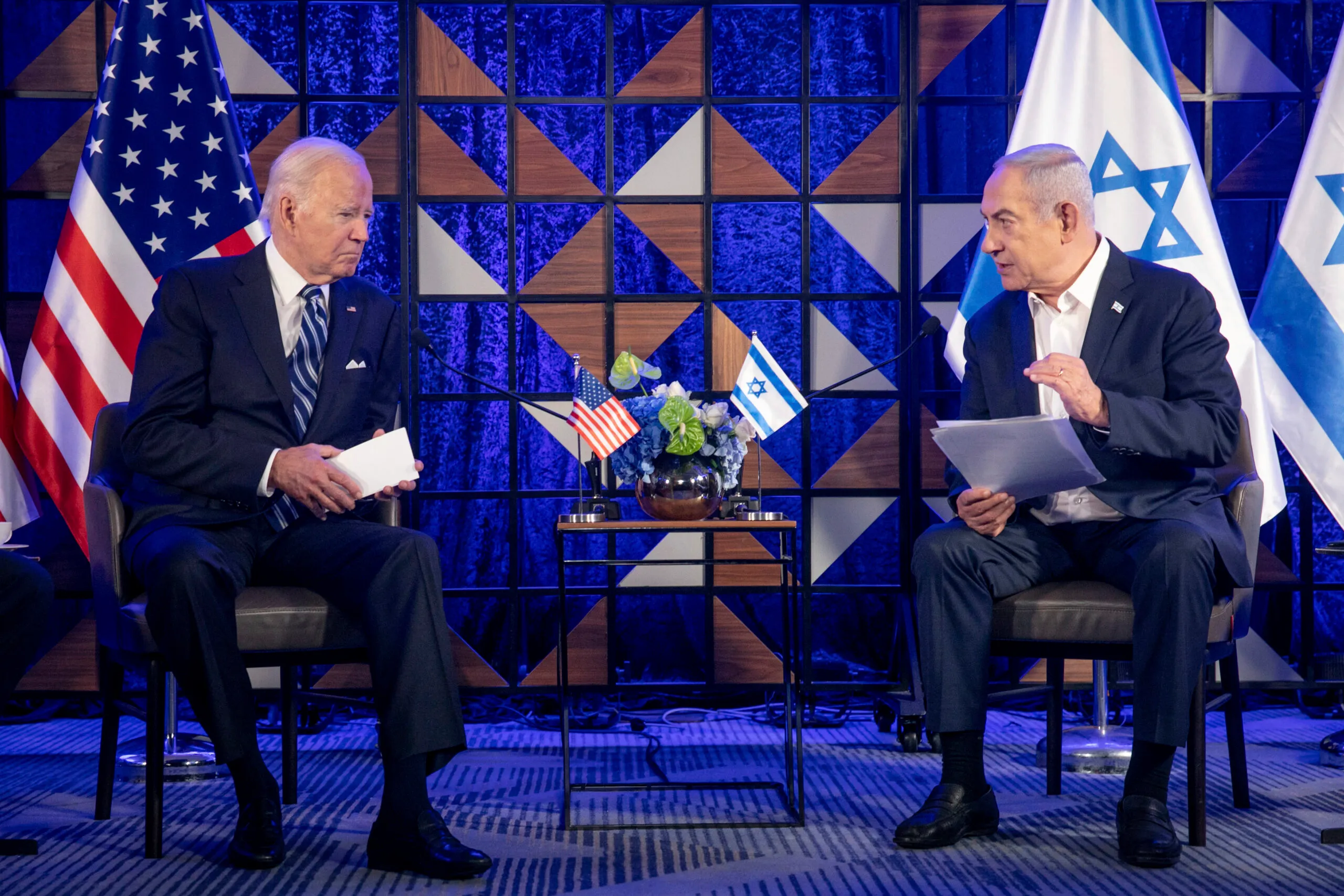
Feb 1, 2024
The Inner Logic and Outer Limits of Post-Gaza Normalization
The underlying logic of normalizing ties with Israel remains intact for Gulf states. However, public anger, increased focus on the Palestinian issue, and the rising diplomatic price for Israel will impact the future of normalization.
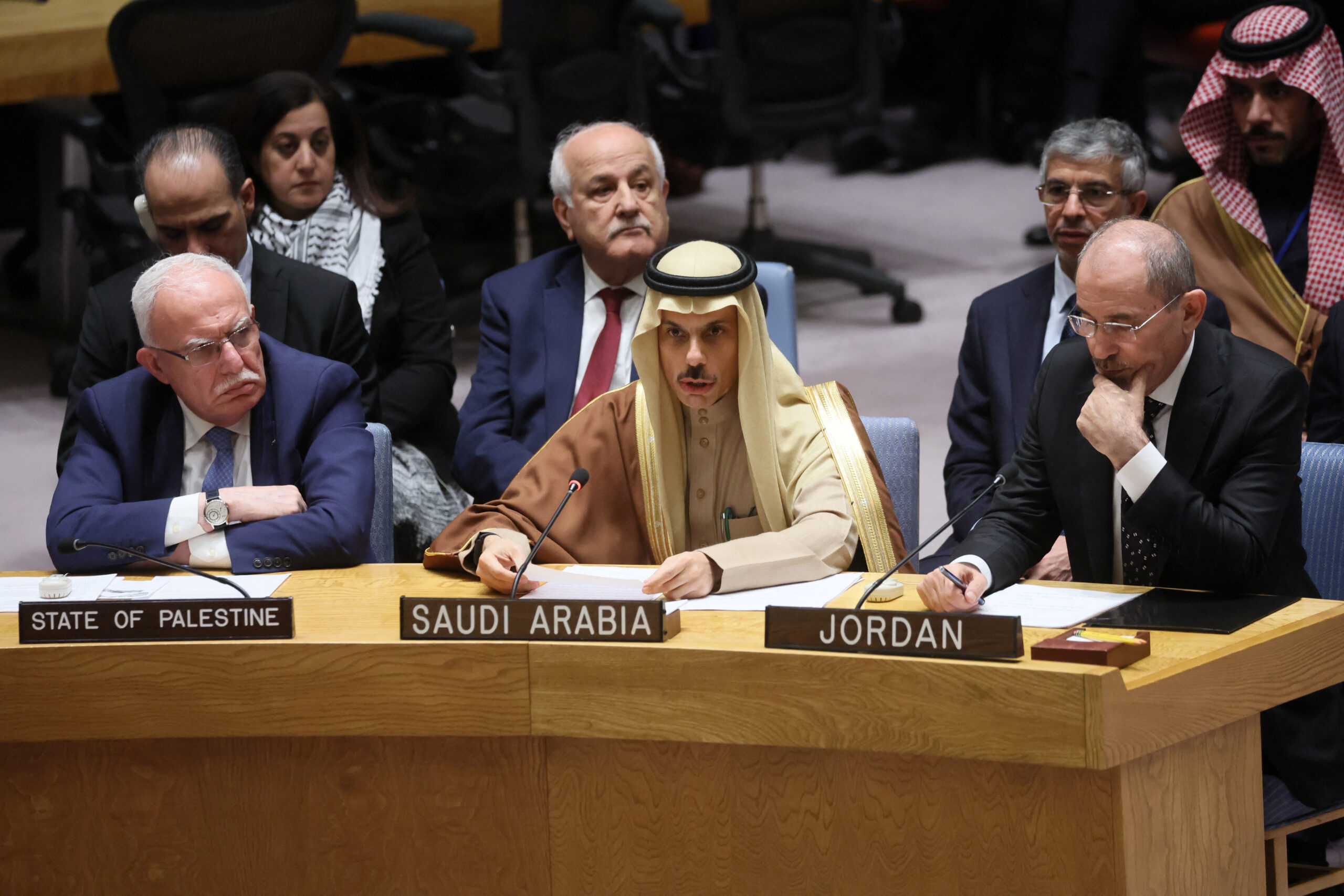
Jan 29, 2024
Iran-Pakistan Border Confrontation Brings Major Fallout
The flare up between Iran and Pakistan may have been snuffed out quickly, but the scars it left on the Pakistani and Iranian security establishments may affect ties going forward.
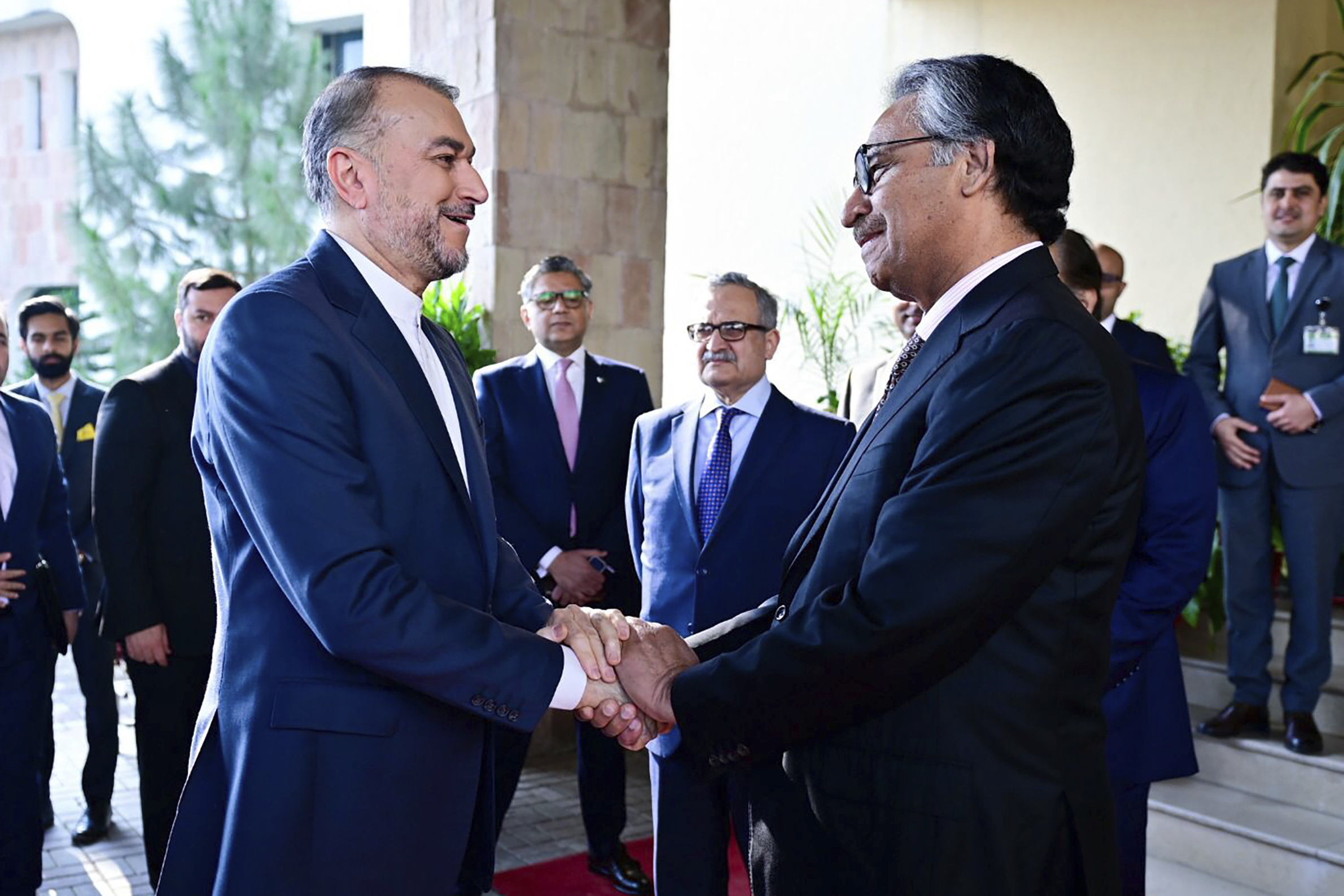
Jan 25, 2024
IEA Cuts Oil Demand Forecast for 2024 but OPEC Remains Bullish
While geopolitical tensions have the oil market “on edge,” the IEA expects a well-supplied market amid weaker demand.
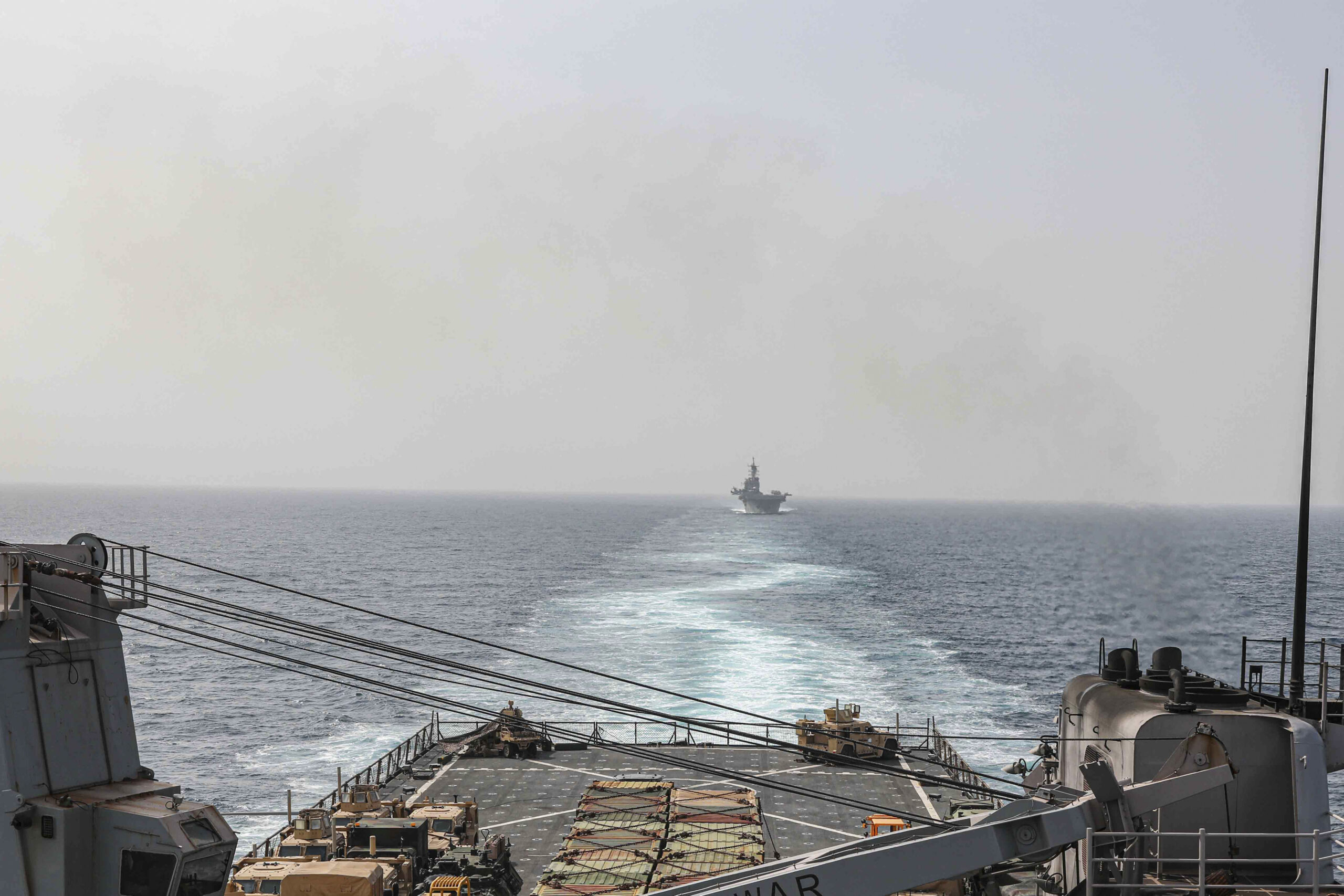
Jan 25, 2024
The Future of Hydrogen Development in the Gulf
On January 25, AGSIW hosted a discussion on hydrogen in the Gulf.
